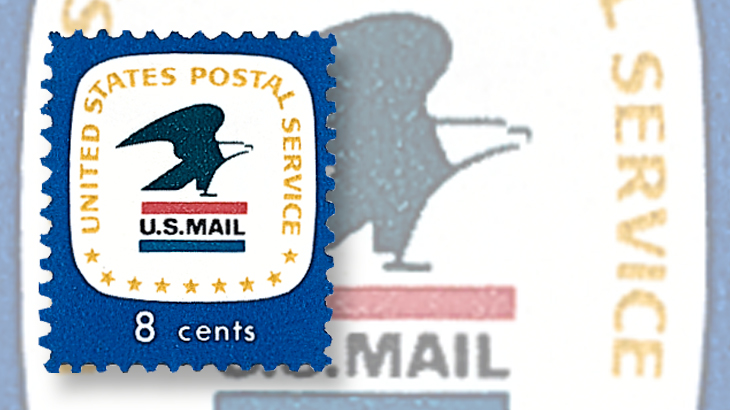Postal Updates
Homeland Security chair raises questions about USPS packages

By Bill McAllister, Washington Correspondent
If there has been any good news for the financially troubled United States Postal Service this year, it has been the continuing strong growth of shipping packages.
But now questions are being raised about whether all that package growth is a good thing.
No less a figure than the chairman of the House Homeland Security Committee is saying many of the more than 340 million mail parcels arriving in the United States might be carrying dangerous drugs.
Connect with Linn’s Stamp News:
Sign up for our newsletter
Like us on Facebook
Follow us on Twitter
Rep. Michael McCaul, R-Texas, made that charge in an Aug. 4 op-ed article in the Washington Post, declaring it is “critically important” that the same “advanced electronic screening” required of private shippers be applied to incoming mail parcels.
“It’s time to close the postal loophole,” McCaul wrote. “A rapidly growing flood of hundreds of millions of postal packages containing poisons is simply too big to ignore.”
When Congress passed the last comprehensive postal bill in 2006, it required that the USPS must comply with all customs laws just as the big commercial shipping firms do, including United Parcel Service and FedEx, he said.
Another law, however, directed the Department of Homeland Security and the Treasury Department to consult with the postmaster general “to determine whether it is appropriate to apply this important provision to the Postal Service,” McCaul said.
“Congress did not intend for the Postal Service, a government agency, to become the import vector of choice for drug dealers,” the lawmaker said.
“A package is a package, however it is shipped,” he said. “If we are going to defeat the epidemic of synthetic drugs, we must take every measure possible.”
What McCaul wants is to require shippers to file electronic manifests for their packages to the U.S. Customs and Border Protection agency in advance of mailing them to the United States.
This would allow for a more “systematic and more effective screening” of incoming parcels, McCaul said.
Instead we currently have customs officers “searching for needles in haystacks.”
A Postal Service spokesman cautioned that adding electronic screenings to incoming parcel will not resolve the problem.
“The assertion that the problem can be resolved through electronic data exchange underestimates the challenges surrounding the importation of illegal drugs across our borders,” said David Partenheimer.
“Many of these drugs bypass the international mail system, arriving in bulk by other methods, and are then entered into the domestic mail network,” he said.
Partenheimer also noted that “international packages shipped through the U.S. Postal Service undergo multi-layered screening processes.”
“Air carriers carrying mail into the U.S. are responsible for performing security screening in accordance with U.S. Government requirements,” he said.
“In addition, inbound international packages may be subject to customs inspections by U.S. Customs and Border Protection prior to being inducted into the domestic mail system.”
Postal inspectors are determined to root out illicit drugs being shipped by mail, the spokesman said.
“Our ultimate goal is to keep these dangerous drugs out of the hands of the American public and maintaining the safety of the nation’s mail system,” Partenheimer said.
George Landrith, president of Frontiers of Freedom, a Washington group, argued in a blog published by The Hill newspaper that other questionable items could be coming into the U.S by mail.
“If it is so easy to transport illegal drugs into the United States, would we also be in danger of having weapons, anthrax or dirty bombs moving through the mail with similar ease?” he asked.
Landrith argued USPS “should be held to a higher standard than their private shipping competitors, at a minimum.”
MORE RELATED ARTICLES
Headlines
-
US Stamps
Oct 7, 2024, 3 PMMcMurtrie dismissed as APS education director following Sept. 21 arrest
-
US Stamps
Oct 7, 2024, 12 PMVasiliauskas named president of Mystic Stamp Co.
-
US Stamps
Oct 6, 2024, 5 PMApgar souvenir card available
-
US Stamps
Oct 6, 2024, 4 PMFirst Continental Congress and U.N. stamps receive Scott catalog numbers








